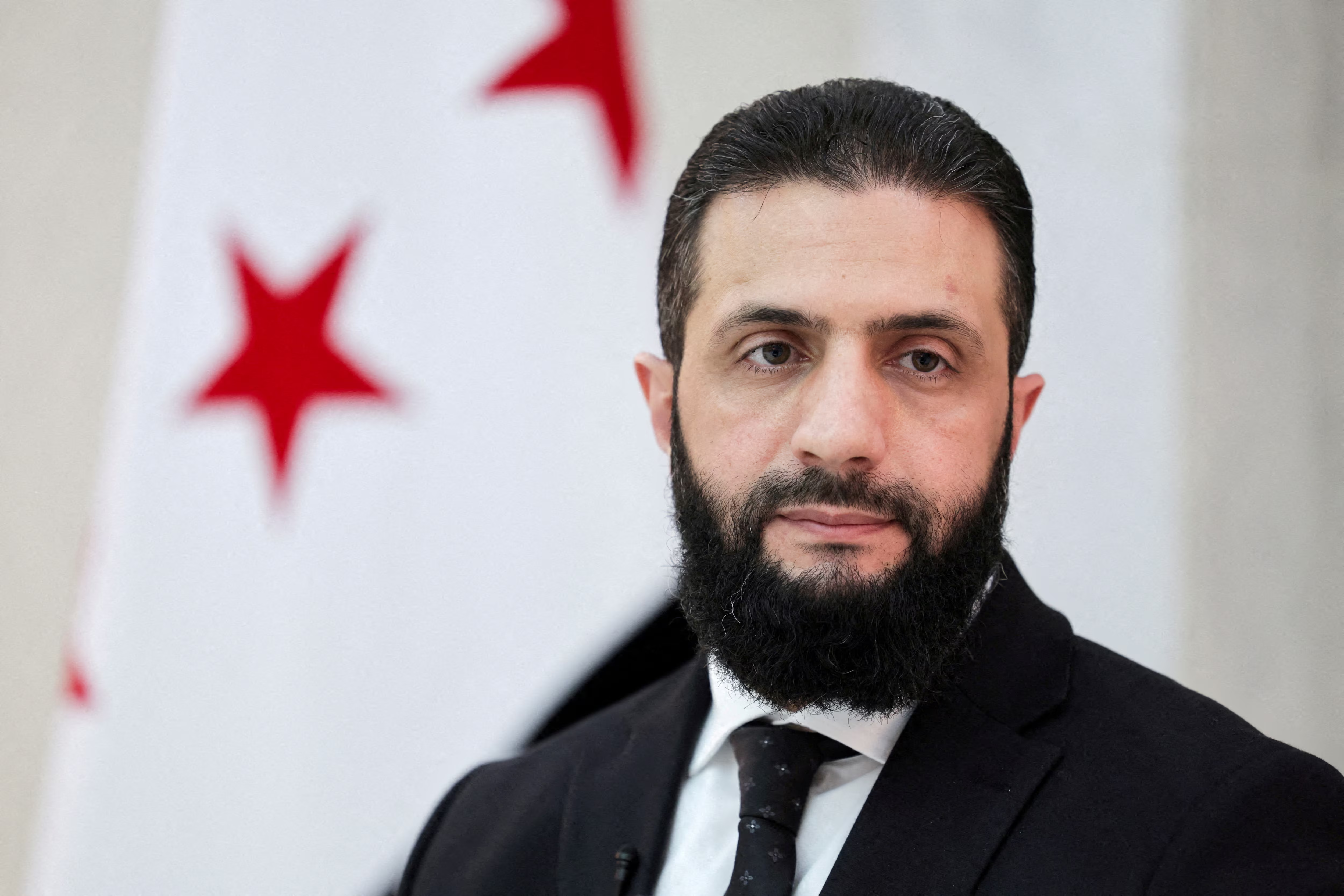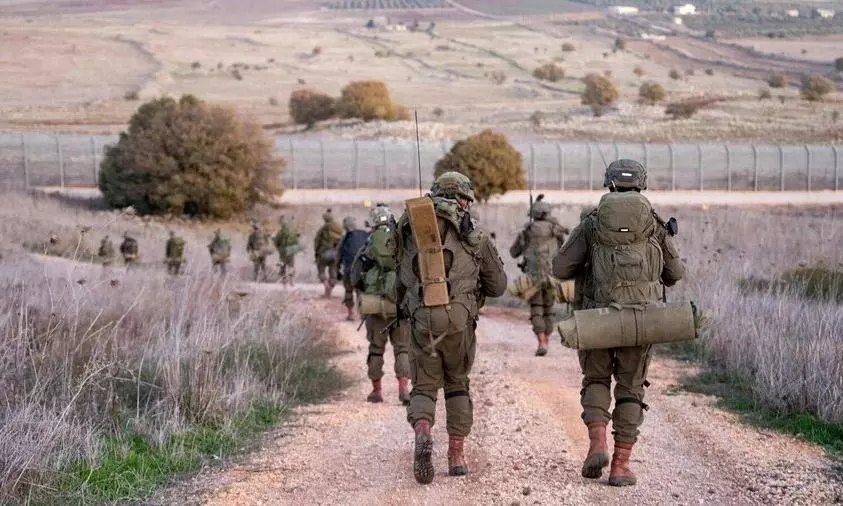
Baghdad invites Syria’s Al-Sharaa to summit, triggers political storm in Iraq
text_fieldsSyrian President Ahmad al-Sharaa.
Baghdad has extended a formal invitation to the new Syrian President, Ahmad al-Sharaa, to attend the upcoming Arab League summit on May 17, triggering intense political divisions within Iraq. Al-Sharaa, who took power after a lightning rebel offensive ousted his predecessor, Bashar Assad, in December, has sought to portray himself as a unifier and statesman aimed at rebuilding Syria after 14 years of civil war. However, his past as a Sunni Islamist militant has left many, including Shiite groups in Iraq, wary of his inclusion.
Formerly known as Abu Mohammed al-Golani, al-Sharaa joined al-Qaida insurgents fighting U.S. forces in Iraq after the 2003 invasion and still faces a warrant for his arrest on terrorism charges in Iraq. Despite this, Prime Minister Mohammed Shia Al-Sudani confirmed last week that Iraq had formally invited al-Sharaa following a previously undisclosed meeting between the two in Qatar. Al-Sharaa has yet to confirm his plans to attend.
Iraq, which maintains strong ties with both the United States and Iran, has positioned itself as a regional mediator and previously hosted talks between Iran and Saudi Arabia that led to a normalization deal. Many regional and Iraqi stakeholders view al-Sharaa's invitation as an opportunity to strengthen Baghdad’s image as a diplomatic hub.
However, the invitation has sparked strong opposition from powerful Shiite factions aligned with Iran. Tehran, which supported Assad during the Syrian civil war and used Syria as a supply route for Hezbollah in Lebanon, is seen as a major loser from Assad's ouster. Several Iraqi Shiite militias fought alongside Assad's forces during the war, making al-Sharaa’s invitation a sensitive issue. Mustafa Sand, a member of parliament from the Coordination Framework, a coalition of Iran-allied factions, stated in a video that the foreign ministry had contacted Iraq's Supreme Judicial Council to verify if an arrest warrant had been issued for al-Sharaa, confirming its validity.
The Islamic Dawa Party, led by former Prime Minister Nouri al-Maliki, called on the government to ensure that any summit participant has a clean judicial record, emphasizing that the blood of Iraqis should not be taken lightly. A spokesperson for Kataib Hezbollah, a powerful militia, also criticized the invitation, stating that Arab summits have proceeded without Syria’s Assad, Iraq, or Libya and should continue without al-Sharaa.
In contrast, Sunni political factions have rallied behind al-Sharaa’s inclusion. Former MP Dhafir Al-Ani, a prominent Sunni figure, supported Baghdad’s diplomatic efforts, arguing that preventing al-Sharaa’s participation would undermine the Iraqi government and suggest that violence still dictates the nation’s future.
The Iraqi government has yet to publicly respond to the backlash. A warrant for al-Sharaa's arrest would not necessarily prevent him from attending the summit, as some countries have previously waived similar measures. Following Assad’s fall, the United States announced it would no longer pursue a $10 million reward for al-Sharaa’s capture, although it has not formally recognized the new Syrian government.
The controversy over al-Sharaa’s invitation underscores deep political divisions within Iraq and highlights the challenges facing the country’s efforts toward national reconciliation. According to political analyst Munaf Al-Musawi, some view welcoming al-Sharaa as an affront to Iraq’s victims, while Sunni factions see it as a political victory. This divide, he warned, could exacerbate sectarian tensions in Iraq.
With PTI inputs













